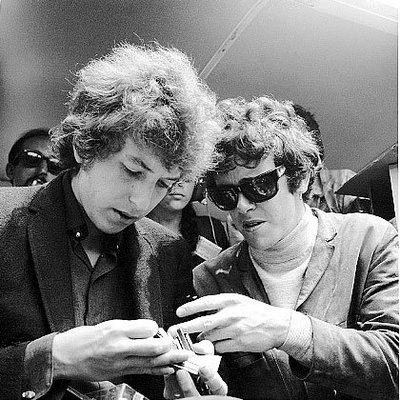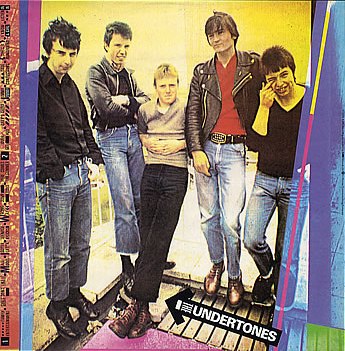Quick thought following about 3 minutes of reflection: I’m reading this Slate piece on the partnership of Lennon and McCartney, and my mind started drifting to the wealth of fantastic English bands vs the wealth of fantastic American solo artists.
Think about the titans of rock ‘n roll (and country and soul, in the case of America): Americans gave the world Elvis, Chuck Berry, Bob Dylan, James Brown, Aretha Franklin, and Johnny Cash, among other major solo artists. England gave the world David Bowie and…Donovan?
When it comes to bands, though, England gave us The Beatles, The Rolling Stones, The Kinks, The Who, The Clash… America gave us The Beach Boys and…The Byrds?
Does the wealth of legendary American solo artists (and dearth of legendary American bands) have something to do with our independent pilgrim/cowboy spirit? Does the converse concerning English musicians have something to do with their spirit? Am I overlooking American bands at the usually acknowledged top level? Am I overlooking English solo artists at the usually acknowledged top level? Am I really going to have to hear it from Ramones and Scott Walker fans?




